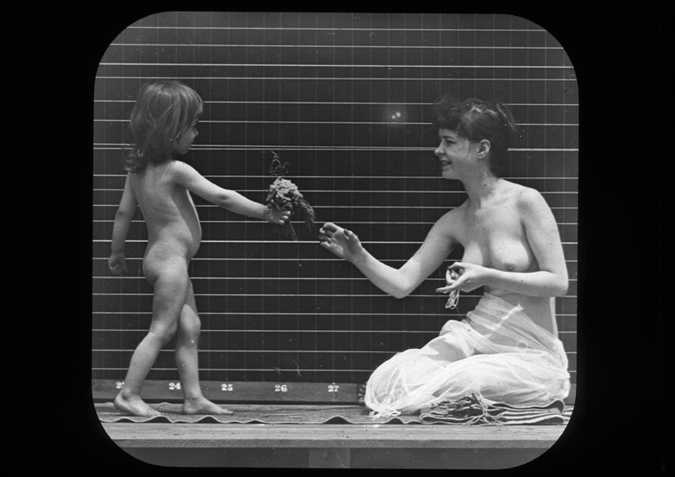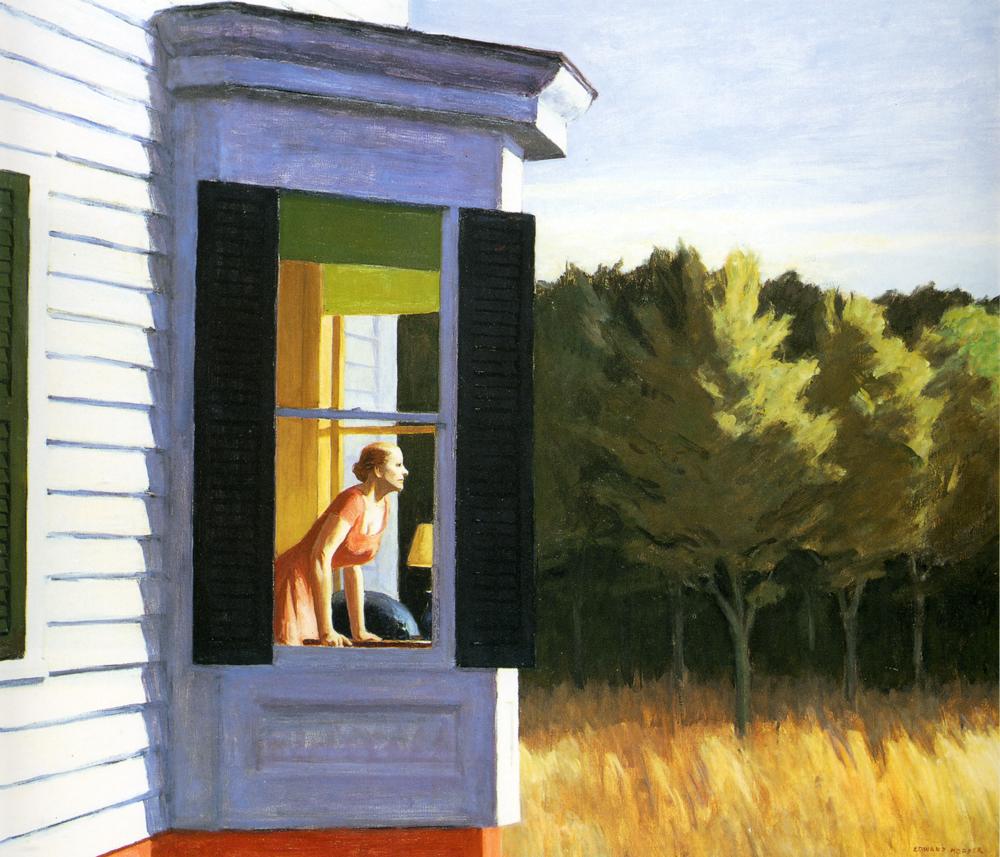The Abundance of Rain
I have some confessions to make—
they have to do with this century
and how much I don’t want to be led
along by it any further. They have to do
with today being nothing about tomorrow,
but, rather, about history and how
all I know is before me, that is, before
I was, and I confess that
I search through old photographs
for reminders of who I am. If the people
in early Nebraska somehow hung pictures
of their old homes in Virginia
on the sod walls above their gritty beds,
and I am the grandchild made through them,
then I still carry their dissolved walls
in me, and I confess I want mostly what is past.
Granted, we live in two directions. There should be,
for the young, the chance to make children. But once
made, have them look backward. Start
with pictures of the unclothed, with Eakins’ nude men
along a tug-of-war rope, their haunches in the grass,
and their heels dug in, and their arms showing they’re no
different from me. A little differently muscled perhaps,
more formed by old work, by scythes and stone boats,
but they look like I do and they died. But first they enjoyed
themselves. And look next at unclothed women, Muybridge’s
panels of them, pouring water on each other’s heads,
picking up children. They have nothing Victorian
about them. They lived through all that and survived.
There’s a haystack, “1947, Near Norfolk, Nebraska,”
in a Wright Morris photo. And I know that
each of those straws were arranged
by the physics of elbows
and the leverage of hayforks
and that elbows and hayforks
depended upon the occasional abundance of rain.
So that’s it. It’s about rain, and how I am
drawn back into it. Remember how we lay
together, in that wood-paneled room near Seattle
with rain washing down so hard we felt
what we were doing was cleaned the second
it happened? It’s not that our future was rain,
but that its sound was a sound we both knew,
that took us out to itself and we heard, “There
has always been rain and there has always, therefore,
been you. Even more, there have always been
numberless thousands of you, not just
now, not just all of you now who are blind,
but there was always this sound, rain’s and yours,
pounding the outside and inside of walls
like these, and the Indians’ leather walls,
and the hopeless poor people’s walls,
and also, alas, the walls of all those
whose ears are closed and who think
they’re creating the future.”
“The Abundance of Rain” is reprinted from a broadside by Ian Boyden, Crab Quill Press.
Dan Lamberton has an MFA in creative writing from the University of Washington and has published poems nationally in journals and magazines such as Sojourners, Northern Lights, and Poetry Northwest. He is the author of On the River through the Valley of Fire: The Collaborative Ceramics of Frank Boyden and Tom Coleman (American Museum of Ceramic Art, 2008). His essay, “Randlett’s Roethke: It Was All So Visual” considering Mary Randlett’s late photos of Theodore Roethke, appears in the 2013 Spring & Summer Photography issue of Poetry Northwest. Lamberton has delivered, throughout the state, over 60 lectures on Washington’s poets for Humanities Washington. He has also lectured in Seattle for the Teachers as Scholars program, sponsored by the Seattle Arts and Lectures Series, and has taught a summer course at the University of Washington called “A Sense of Where We Are: Literature and History of the Pacific Northwest,” and completed a northwest literary history anthology in cooperation with the University of Washington history department. Dan is Professor of English and Humanities Program Director at Walla Walla University.



